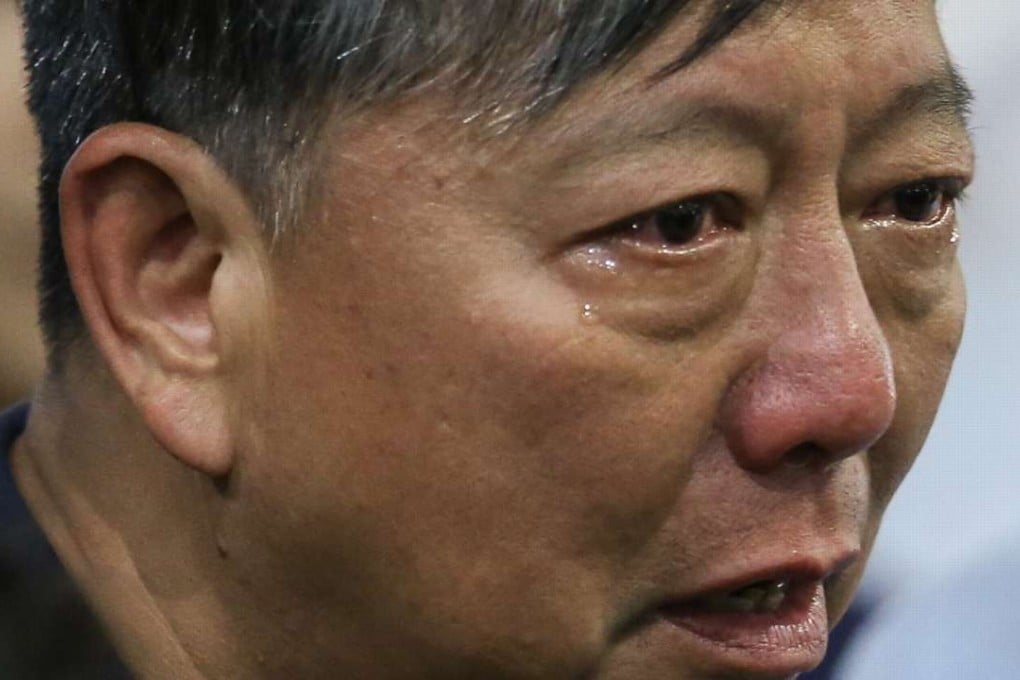Discord ahead as Hong Kong Legislative Council splits set to widen
Legco’s new complexion, with a broader mix of ideologies and a spike in independents and one-seat parties, will challenge the government

Hong Kong’s legislature has further splintered after Sunday’s citywide elections, with eight newly elected democracy activists either a one-man band or the sole representative of their party in the council.
As traditional pan-democrats suffered a swing against them with many big names losing – including Labour Party veterans Lee Cheuk-yan and Cyd Ho Sau-lan – questions are emerging on if and how they can work with localists, the new force in the non-establishment camp.
The results also look set to create more headaches for Chief Executive Leung Chun-ying’s administration as lobbying with the camp became that much harder.
Two pro-democracy parties, the NeoDemocrats and the Association for Democracy and People’s Livelihood (ADPL), have lost any sway in Legco after voters ditched their only representatives, Gary Fan Kwok-wai and Frederick Fung Kin-kee respectively.